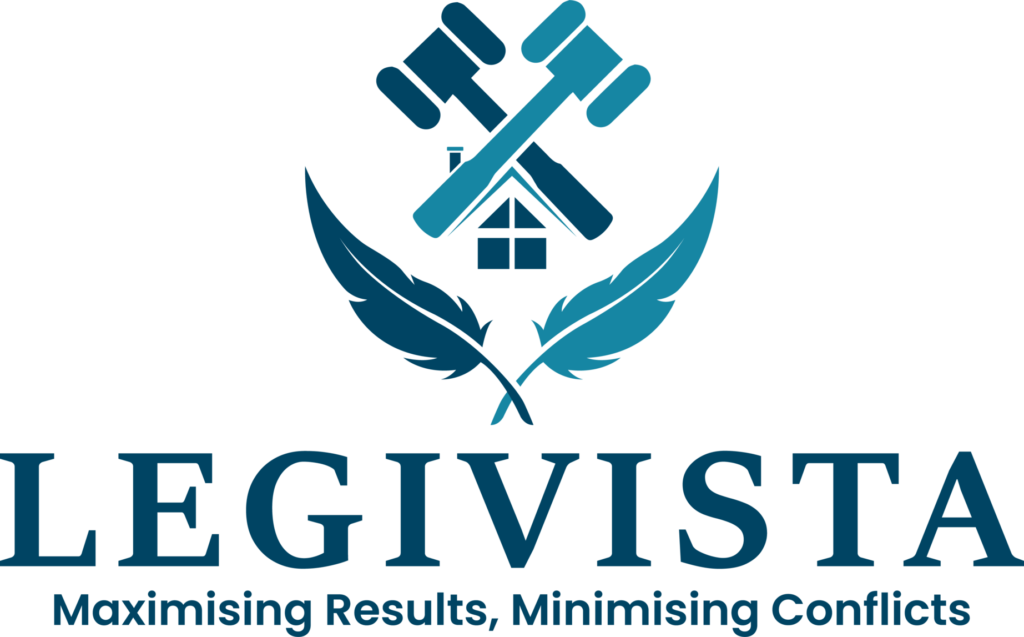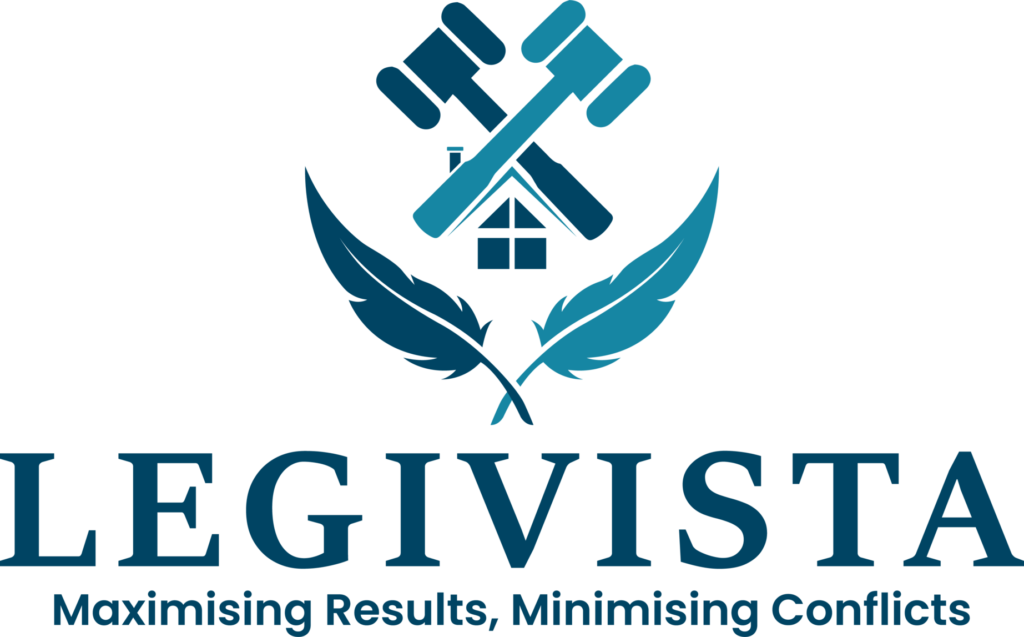
Creating sustainable income sources for economically disadvantaged and incapable individuals through Corporate Social Responsibility (CSR) initiatives is a meaningful way to uplift communities. Here are ten ideas to consider:
1 Microfinance and Small Business Support:
Provide microloans or grants to help individuals start or expand small businesses. Offer training and mentorship to help them manage and grow their enterprises effectively.
2 Vocational Training Programs:
Establish vocational training centers to teach practical skills such as carpentry, tailoring, plumbing, or computer literacy, enabling individuals to secure employment or start their own small businesses.
3 Agricultural Initiatives:
Support farming and agricultural projects, including providing seeds, tools, and training to help impoverished individuals cultivate crops or raise livestock for food and income.
4 Handicrafts and Artisanal Products:
Encourage the creation and marketing of handcrafted products by providing resources, training, and market access for artisans and craftspersons.
5 Community Markets:
Set up community markets or cooperatives where local artisans, farmers, and small entrepreneurs can sell their products, creating a direct sales channel for their goods.
6 Food Processing and Preservation:
Train individuals in food processing techniques, such as canning, drying, and preserving, allowing them to add value to agricultural products and reduce waste.
7 Skill Development for Service Industries:
Offer training and certification programs for service industry jobs like hospitality, tourism, and healthcare, increasing the employability of participants.
8 Recycling and Upcycling:
Support recycling and upcycling initiatives by collecting and processing recyclable materials, turning waste into valuable resources, and providing income opportunities.
9 Technology and Digital Literacy:
Provide training in digital skills and technology, enabling individuals to access online work opportunities, freelancing, or e-commerce.
10 Social Enterprises:
Invest in or incubate social enterprises that address local challenges while providing jobs and income for the disadvantaged, such as waste management, renewable energy, or sustainable agriculture.
Why CSR
Working under Corporate Social Responsibility (CSR) to help poor people create their income sources offers several compelling reasons and benefits:
1 Social Impact: CSR initiatives that focus on poverty alleviation and income generation have a significant positive impact on disadvantaged communities. They help reduce poverty, improve living standards, and empower individuals to lead better lives.
2 Economic Empowerment: By providing opportunities for poor individuals to create income sources, CSR initiatives contribute to economic empowerment. This, in turn, leads to financial independence and reduced reliance on external assistance.
3 Social Inclusion: Such initiatives promote social inclusion by ensuring that marginalized populations have access to resources and opportunities they might not otherwise have. This helps bridge socioeconomic disparities.
4 Sustainable Development: Income-generating projects often align with sustainable development goals, fostering economic growth in communities and contributing to long-term sustainability.
5 Improved Well-being: As individuals gain access to income opportunities, their overall well-being, health, and education often improve, breaking the cycle of poverty.
6 Corporate Reputation: Engaging in CSR efforts that address poverty and income generation enhances a company’s reputation, demonstrating its commitment to ethical and responsible business practices.
7 Employee Engagement: CSR activities focusing on helping poor people can boost employee morale and engagement, as employees often feel proud to work for a company that makes a positive impact in the community.
8 Legal and Ethical Considerations: In some regions, there may be legal or regulatory requirements for companies to invest in CSR activities, including poverty reduction and income generation.
9 Access to New Markets: By creating income opportunities for disadvantaged communities, companies may also expand their customer base and access new markets.
10 Competitive Advantage: Companies that proactively address social issues and contribute to the welfare of communities can gain a competitive advantage, as consumers increasingly prefer businesses with a strong social conscience.
In summary, working under CSR to help poor people create income sources is not only a moral imperative but also a strategic decision that benefits society, the company, and the individuals involved. It fosters positive change, promotes sustainable development, and contributes to a more inclusive and equitable society.
Installation + Logo change
- The template will be installed on your server exactly as the demo looks like. You will get access to the admin panel, so you can manage your website.
- We will replace the template’s logo with yours on each page of the template. The logo has to be in good quality in .PSD, .EPS, .PNG, .JPG format. Logo width should be 300px and 600px
Ready-to-use Website
- Theme installation on you server with your logo
- Google map with your address set
- Content and images replacement up to 6 pages (without layout change)
- Removing elements that you do not need on your website
- Social icons set (without changing theme layout)
- Color scheme replacement
Full Website Package
- WordPress and theme installation
- Customization of website branding
- Color scheme replacement
- Content setup (adding 6 pages, 6 posts, Revolution sliders)
- SEO Essentials
- Website speed optimization



